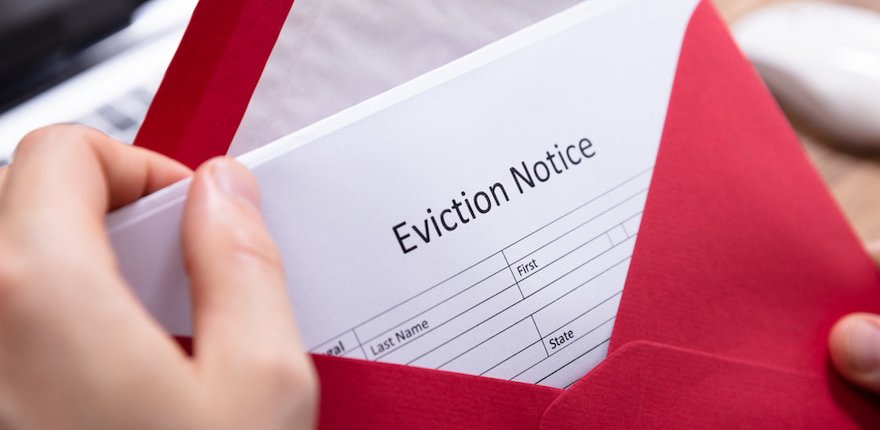Seeing an eviction on your record can be a stressful experience. It means you may need to look for a new apartment in the near future.
Not only that, but an eviction filed by your landlord hurts your credit report. It is also held as a public record and other landlords can view your previous rental history before deciding to rent their apartment to you.
However, you may be able to get that eviction removed.
In your quest to have an eviction expunged or removed from your record, first find out if your landlord's reason for filing it follows the eviction laws in your state. Generally, the four grounds for eviction that are similar across all states are:
- Refusal or delay in rent payments
- Lease agreement violation
- Being destructive
- No cause eviction notice
An eviction on your record also raises questions about your future renting abilities and credit score impact, making the expungement of eviction records a very important process. Let us answer these concerns in detail.
How Long Does an Eviction Stay on My Record?
According to federal eviction laws, an eviction stays on your record for seven years (§§ 1681-1681x). The timeline applies to both credit and rental history reports. After seven years, the entry should automatically disappear from your record. The reporting agencies calculate the timeframe from the date you first failed to pay, regardless of the date of your actual eviction.
You can view the eviction details by requesting your credit report from the three credit bureaus (TransUnion, Experian, and Equifax). You can also check your records from the major rental history companies and tenant-screening agencies.
Another downside to having an eviction on your record is that it can stay on your report even after you pay, and seven years have elapsed. This situation mainly occurs if the eviction lawsuit results in a civil judgment, which will appear on your credit report as a debt owed through civil judgment.
How Does an Eviction Affect My Credit?
In most cases, an eviction will not directly affect your credit score. However, some events caused by the eviction may appear on your credit report, and a prospective landlord may see your rental history detailing your eviction. For example, if the landlord sues you for violating the lease agreement, a record of this civil action could appear on your credit report.
If you are looking for a new apartment, a landlord will investigate your application using trusted rental reporting companies such as Experian RentBureau or TransUnion Smartmove. Conveniently, these bureaus give a separate rent history report whose details do not appear on your credit report.
Having said that, an eviction can affect your credit score if the landlord employs a collection agency to collect the rental debt. The agency will open an account with the credit bureaus, and the debt entry will lower your credit score unless you enter into a pay-for-delete agreement with them.


